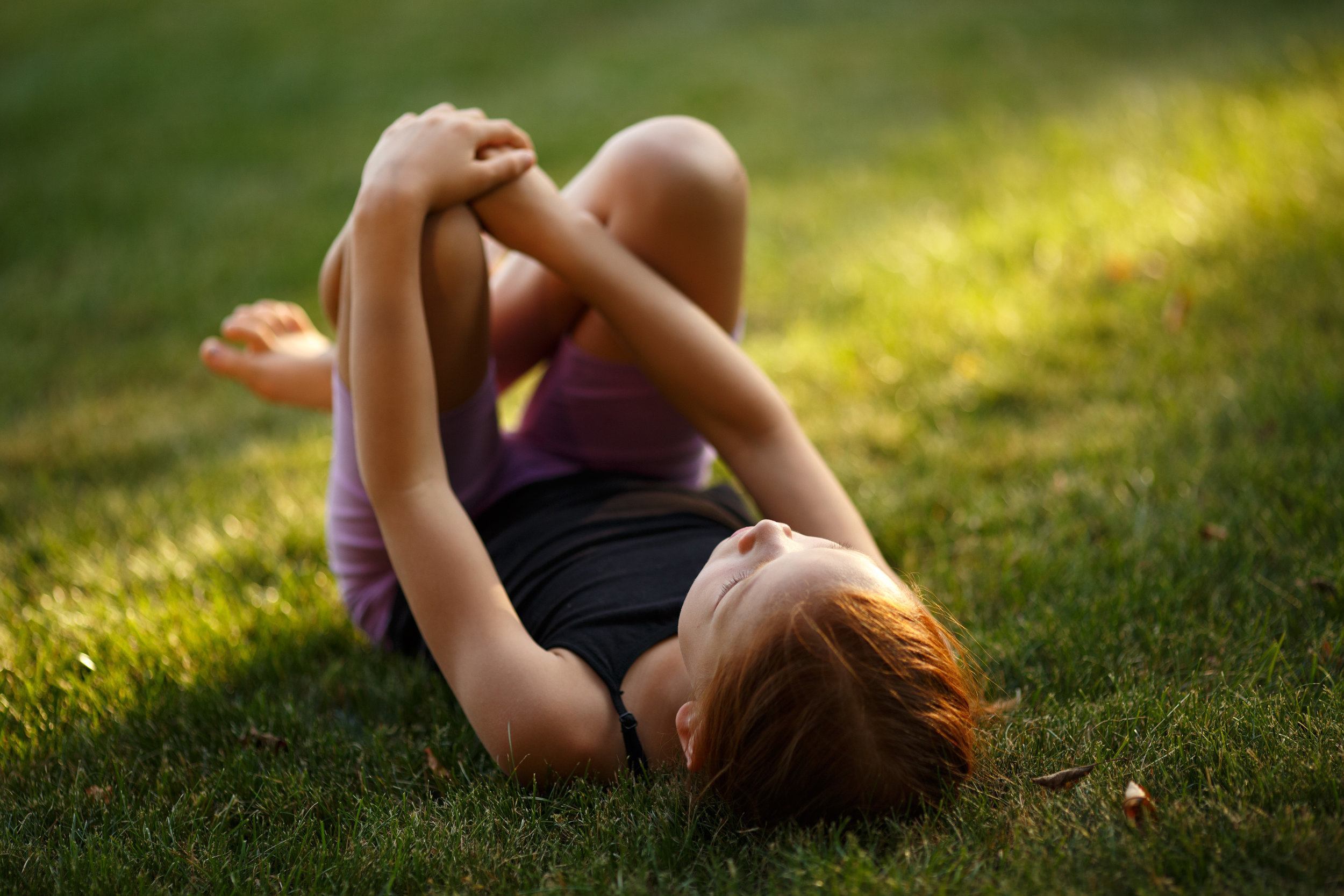
During the COVID-19 pandemic, we’re reading a lot about the importance of practicing mindfulness to manage stress. Is it a practice that young children can use? As a former preschool teacher who implemented the begin to ECSEL® program in my classroom, I encouraged children to practice mindfulness every day. It is a practice whose principles are integrated seamlessly into the begin to ECSEL program and which also work to foster the growth of emotional awareness, empathy and self-regulation—all of which begin to ECSEL has been shown to significantly improve in young children.
If you are unfamiliar with the term, mindfulness involves focusing one’s awareness on the present moment – on one’s thoughts, emotions, and bodily sensations. This practice allows us to be more aware of not only our self but also of the people and environment around us. Dr. Donna Housman, founder of Housman Institute and developer of the begin to ECSEL program reminds us that “Mindfulness involves focusing one’s awareness on the present moment – on one’s thoughts, emotions, and bodily sensations, allowing us to be more aware of not only our self but also of the people around us. In so doing, we are better able to respond in more effective and constructive ways, better managing not only our emotions but also our thinking and actions as well”
Like mindfulness, begin to ECSEL is an emotional, cognitive and social early learning program that is steeped, at its core, in emotional awareness. Begin to ECSEL promotes in children the ability to be aware of, identify, understand and regulate not only our own emotions but those of the people around us, facilitating the growth of empathy, prosocial behaviors, and even self-regulation, all of which are critical to lifelong learning, mental health, well-being and success. By integrating mindfulness principles at home, principles that are embodied by begin to ECSEL, you too can foster the growth of these core competencies in your child.
How? As begin to ECSEL acknowledges, you are your child’s first and most important teacher and you too can model to your children how to react mindfully, just as we do in the classroom. Some techniques we teachers use are deep breathing to help children regulate when they are experiencing heightened emotions and causal talk, which is talk about the emotion a child is feeling and the result of that emotion in them and those around them. In addition, like us teachers, you too can practice mindfulness yourself. As David Gelles of the New York Times says, “Mindfulness isn’t something that can be outsourced. For parents and caregivers, the best way to teach a child to be mindful is to embody the practice oneself.”
For more specific examples of how you might integrate the principles of mindfulness at home, below are a few more suggestions based on a few activities we, as begin to ECSEL teachers, do in the classroom.
The world has a funny way of telling you to s l o w down. As we adjust to this new normal, embrace this moment of uncertainty as an opportunity to check in with your family and become more present in your daily routines. By integrating the mindfulness principles that we use in our begin to ECSEL program, you too can help your child develop emotional awareness, self-regulation, and empathy, all competencies that begin to ECSEL has been proven to significantly improve in young children from birth.
These Posts on begin to ECSEL
Housman Institute, LLC
831 Beacon Street, Suite 407
Newton, MA 02459
info@housmaninstitute.org
(508)379-3012
Explore
Our Products
Legal
Connect
Contact
Join our Mailing List!
Subscribe to receive our newsletter, latest blogs, and ECSEL resources.
We respect and value your privacy.
No Comments Yet
Let us know what you think